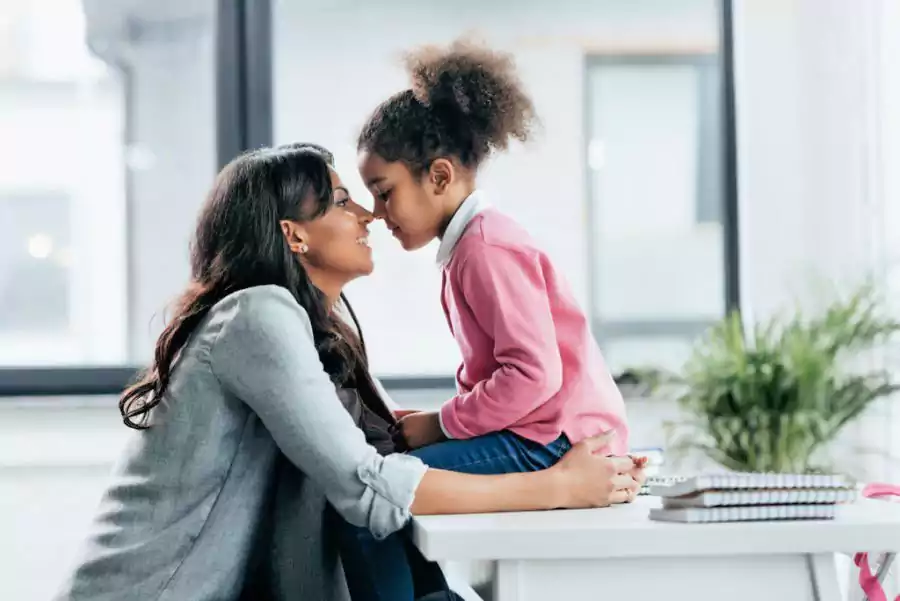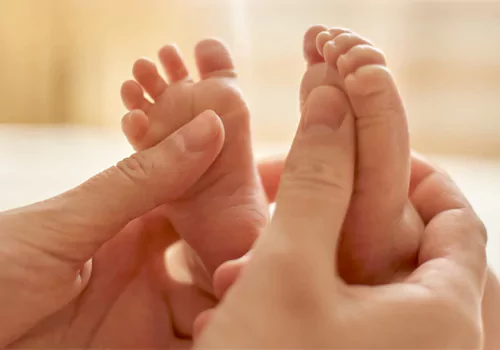How To Help Your Child Through Puberty
The primary thing in the mother’s mind then is the dilemma of how to talk to her daughter about what is going on and what to expect. It is understandable that this is not an easy topic to broach but it is immensely important that we all do so. Maybe these pointers can lead you to find your own direction.
.jpeg)
* From a much younger age, let your daughter know she can discuss her body with you. Make her understand that these conversations are private, between the both of you, but not a taboo. Almost as young as four or five, if she asks you about your breasts, tell her it is a woman body part and as she becomes a big girl she will have them too. Make it seem normal.
* Have lots of small talks instead of The Big One. Whether you want it or not, girls are tight with their friends and they would have had conversations even before you know it. So, it is even more important that the right information comes from you, instead of from someone else.
* As soon as you notice body changes, like under-arm hair, talk to her. As a mother, around this time, you will be asking her to dress more appropriately. Instead of ordering her, you could explain to her that she will be growing underarm hair and developing breasts and hence she needs to be more in control of her body.
* Ask her if she notices her friends going through the same changes. and what they talk about. Explain to her the reason why she is changing, the concept of a period, shedding and body changes and that it is perfectly normal. Make the talk a two-way street. and let her know that you are open to any discussion.
* From the onset of puberty, pay a lot of attention teaching her about hygiene and make it way of life to keep her privates clean, using deodorants to avoid body odour. Introduce her to trainer bra’s and panty liners. Some girls tend to develop infections if health is not taken care of at this time.
* A point here to note is that some women centric hospitals like Cloud 9 etc provide pre-pubescent counselling for girls and their mothers; this is a good thing to explore if you feel that your daughter is apprehensive about her puberty changes.
* Some girls go through psychological issues; body hair and for some the onset of acne may make them uncomfortable. At an age where hair removal is not advised, they may begin to withdraw or feel insecure about their looks. Spend time with them.
Help them cope by explaining that it is perfectly normal. Tell them you went through it too and it isn’t permanent. Beauty therapies are available as they grow older, which they can participate it after they are sixteen.




.webp)